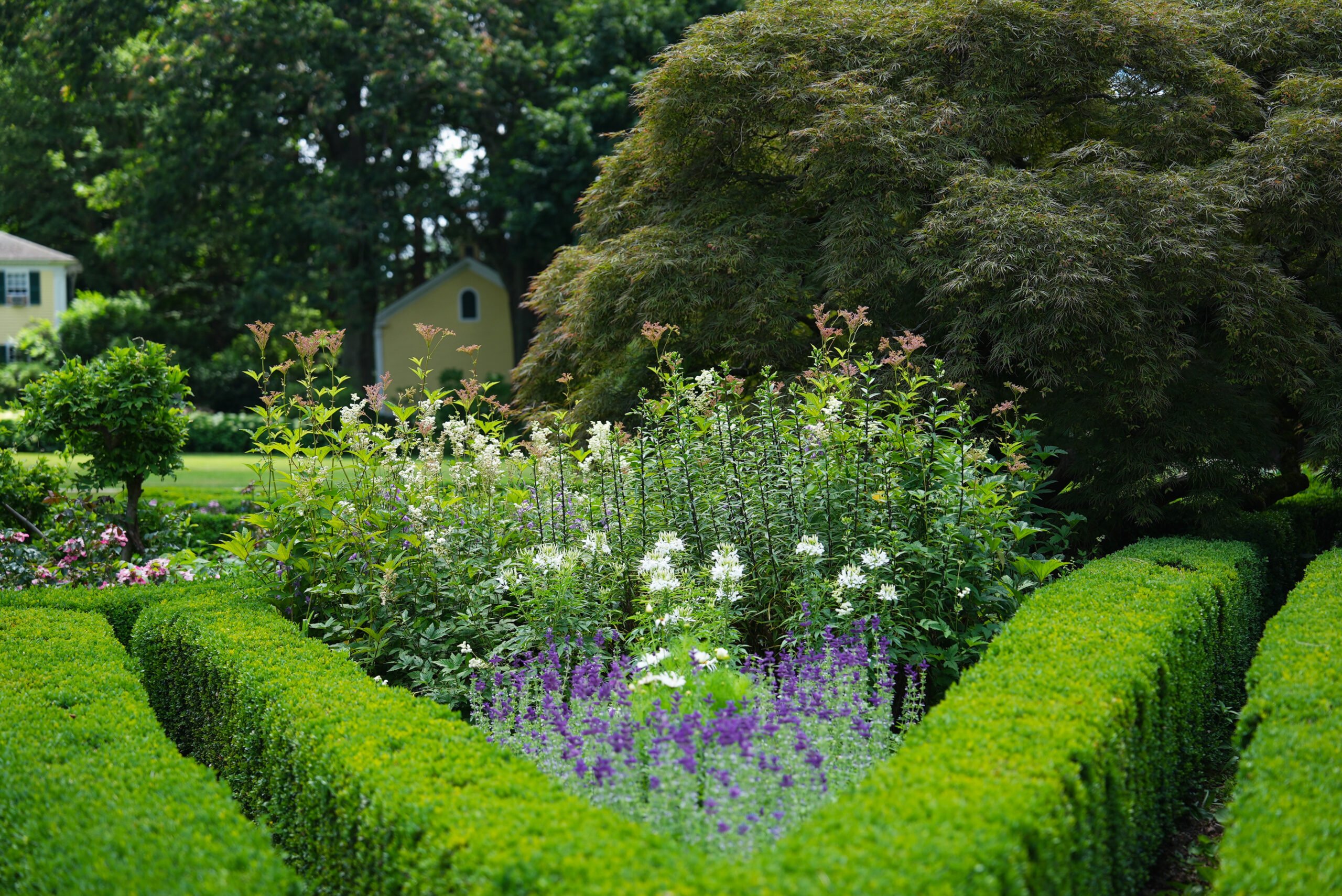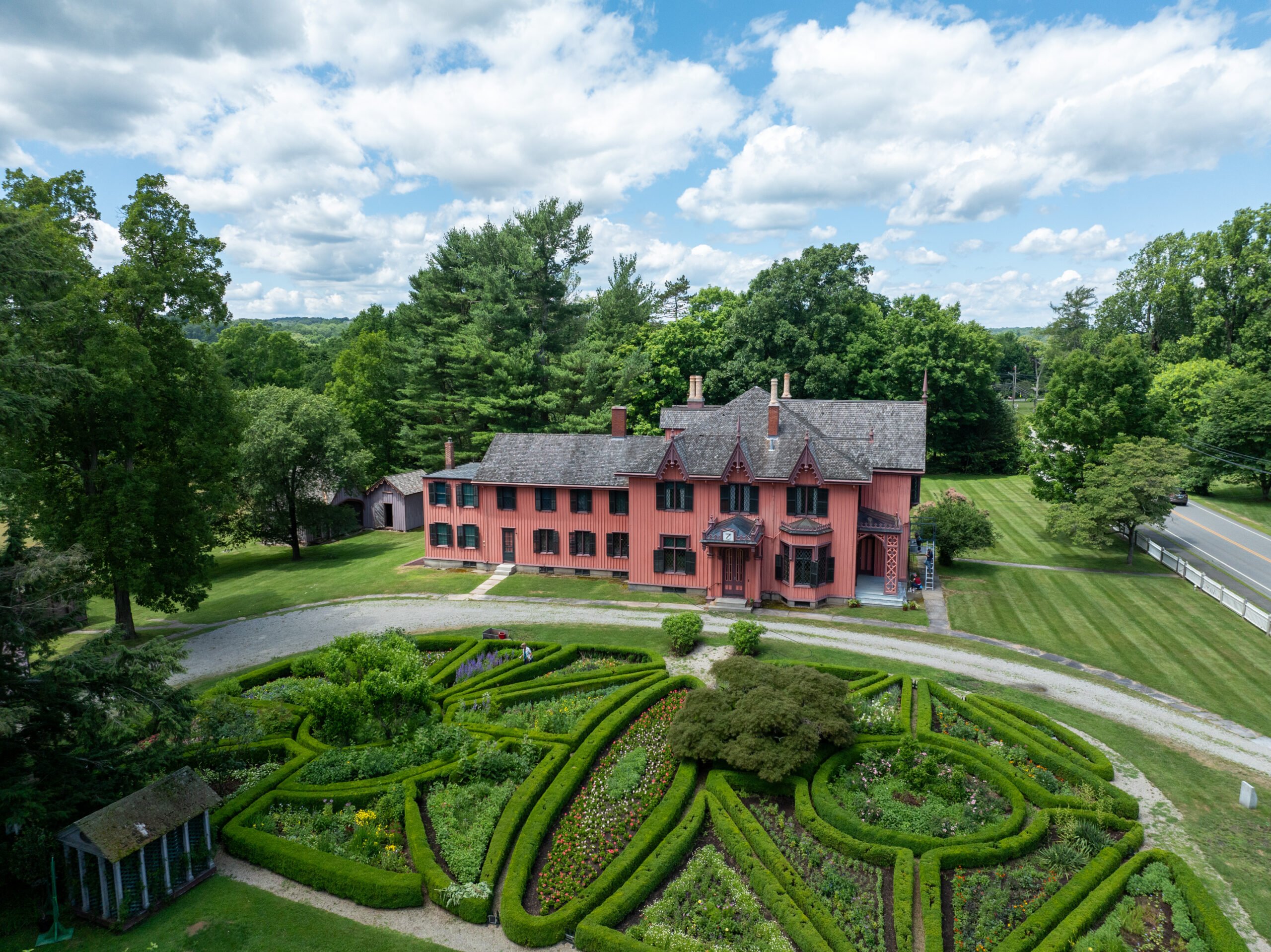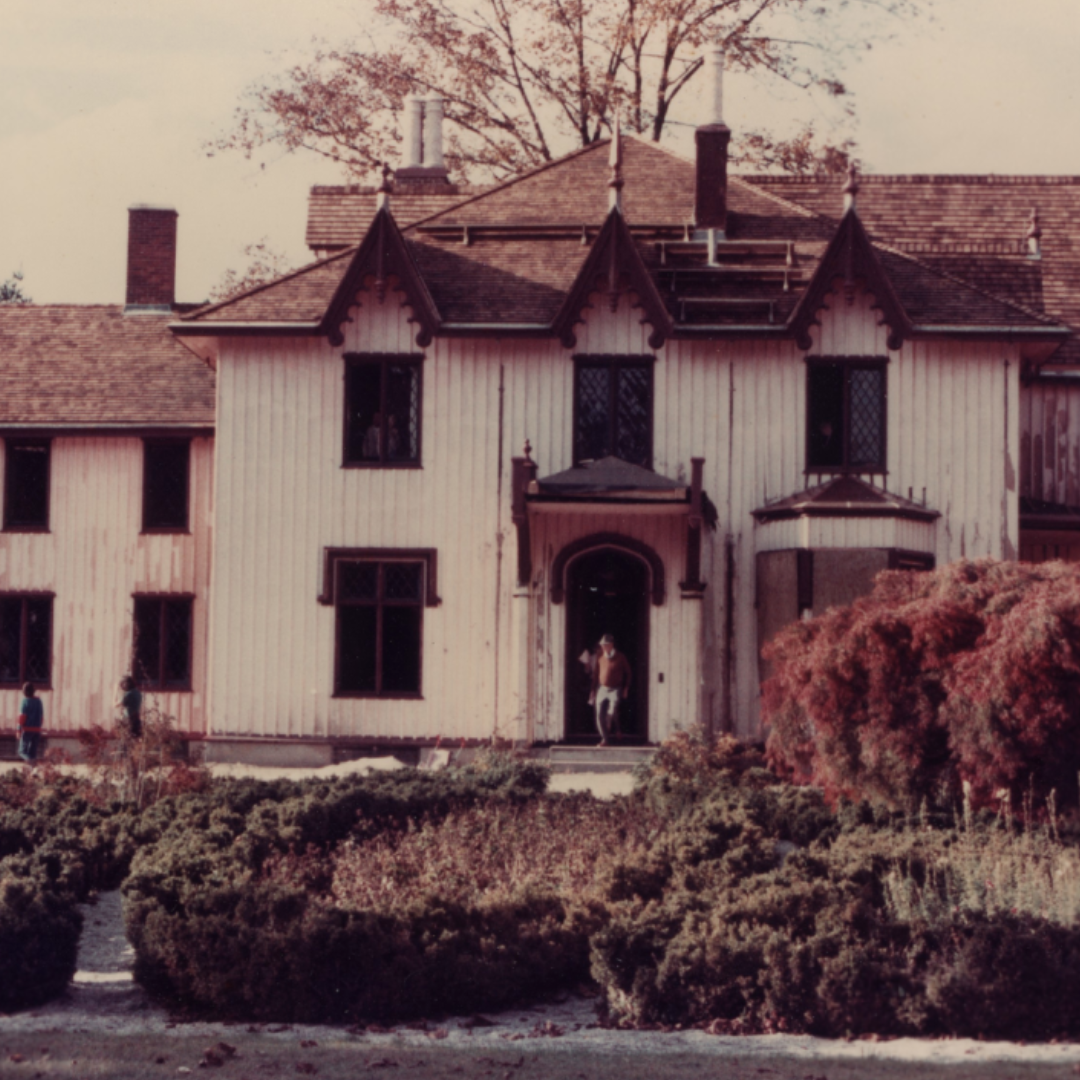
1
Story Information
We value your feedback! Please let us know if you've encountered any issues, bugs, or if you have suggestions for improving our platform.
Your feedback helps us:
To create posts, you need to follow at least one nonprofit. Find nonprofits that align with your values and start following them!
To post about this nonprofit, you need to follow them first! Click the follow button on this page to get started.

Story Statistics
2,345 Reads
80 Shares
320 Likes
Related Stories

1 year ago
A call for nominations for 2024 Prize for Collecting Works on Paper
This is the fifteenth year Historic New England will award the Prize for Collecting Works on Paper. The annual prize was established to honor collectors or dealers who have assembled or helped save significant collections related to New England and its assorted communities or the nation.
Previous award winners show a wide-ranging group of collections – from candy wrappers to carousel-related ephemera, from documents sharing New England town and city histories to tattoos, Shaker culture, and more. The common thread is the passion these collectors have for sharing the information and objects they so enthusiastically accumulate.


Nominations are due by Tuesday, September 3, 2024, by 5:00 p.m. Submit your nomination today.
Nominate a Collector TodayView a list of previous prize winners.
Media Contact: Susanna Crampton, [email protected]

1 year ago
Connecticut’s Historic Gardens
Roseland Cottage in Woodstock, Connecticut, is home to one of Historic New England’s most magnificent gardens. We talked to Roseland Cottage Site Manager Laurie Masciandaro about Roseland’s historic parterre garden, a new pollinator garden, and her work with .

Roseland Cottage is part of , a consortium celebrating the gardens at distinctive historic homes in Connecticut. Laurie, can you tell us more about the organization and your role in it?
In 2002, Roseland Cottage, along with eight other historic sites with significant gardens, wanted to increase people’s awareness of historic gardens in Connecticut, and was founded. We’ve grown to sixteen sites since then, and collectively represent four centuries of gardening in the state. So here at Roseland Cottage and other Historic Gardens sites, we’re involved in a special kind of preservation—one that’s continually changing and without a finished product. Gardens, by their nature, leave us with special questions: Is it possible to preserve something in flux? If it’s possible, should a garden remain ‘locked in time,’ or should it improve and mature? Should it reflect changing tastes and expectations, or maintain its historical appearance? All of these are important questions, but we at Roseland Cottage and the other fifteen members of have come down squarely in favor of preservation—maintaining gardens at their peak, when plantings have reached their maturity and the garden matches the vision of the designer—in order to share with the public a slice of Connecticut’s gardening history.


What is special about Roseland Cottage’s garden—what makes it historic?
At Roseland Cottage, our pride and joy is our boxwood parterre garden. We believe it was inspired by Andrew Jackson Downing, who was an extremely influential landscape designer and promoter of the Gothic Revival style. Downing was not partial to parterre gardens—he preferred landscapes that imitated nature—but if a parterre was your wish, he believed it should have irregular curving beds and boxwood borders, distinctly marked edges, should be an extension of the house, and beds should be planted in masses of color. Downing preferred annuals for their long blooming period and we plant over five thousand of them at the end of May every year. It’s one of the factors that separates Roseland Cottage’s garden from other historic gardens, which rely almost exclusively on perennial plantings.
In your role as Site Manager and because of personal interest, you’ve done a lot of research on Connecticut gardens. What are some of the most interesting things you’ve uncovered?
Something I noticed is how the story of highlights some significant women’s stories in Connecticut. We have colonial women producing food, medicine, herbs, and flowers for their families; a successful early female industrialist; a woman architect—the fourth registered female in the country; a cash-strapped turn-of-the-century woman who influenced the course of American art; a famous author; and a woman who helped victims of Nazi camps. Many of our gardens were planned by significant designers who were among the first female practitioners in the man’s world of landscape architecture: Beatrix Ferrand, Amy Cogswell, and Englishwoman Gertrude Jeykll.
The formal parterre garden isn’t the only interesting thing about Roseland’s landscape—you also have a pollinator garden. How did this initiative come about?
We have wanted to put in a pollinator garden for a few years. We do get lots of pollinators in our parterre, but we wanted something with only native species, and we wanted to use our landscape in a way that would reflect the needs of current history. The Last Green Valley provided a grant for some of the planting, and we have begun to transform an area that was a tangled jumble of boxwoods, stray flowers, and weeds into a new garden. There is also a memorial stone and plaque in what is now our pollinator garden recognizing the service of a Korean War veteran, who died in that conflict. We can now give it the attention it deserves.
You do advocacy work and give public presentations related to Connecticut gardens and landscapes. What have you been up to lately, and where can we find you speaking in the future?
I do! I’m the designated speaker for . I love it! I’ve spoken at the Boston and Hartford Flower shows, at the new Mohegan Sun home and garden show, and to over forty garden clubs here in Connecticut. COVID moved many of those presentations to Zoom and some organizations still ask for an online presentation, which actually works very well, but speaking in person is what I really enjoy. I have crisscrossed the state many times, reached audiences on the west coast through Zoom, and next spring, I’ll speak to the Amherst, New Hampshire garden club in March.
Roseland Cottage’s gardens are open to the public from dawn to dusk.House tours take place on the hour, 11 a.m. – 3 p.m., Thursday through Sunday, until October 17.
Your report is anonymous, except if you're reporting an intellectual property infringement. If someone is in immediate danger, call the local emergency services - don't wait.
Your report is anonymous, except if you're reporting an intellectual property infringement. If someone is in immediate danger, call the local emergency services - don't wait.

We use these reports to:
Please Sign In to continue